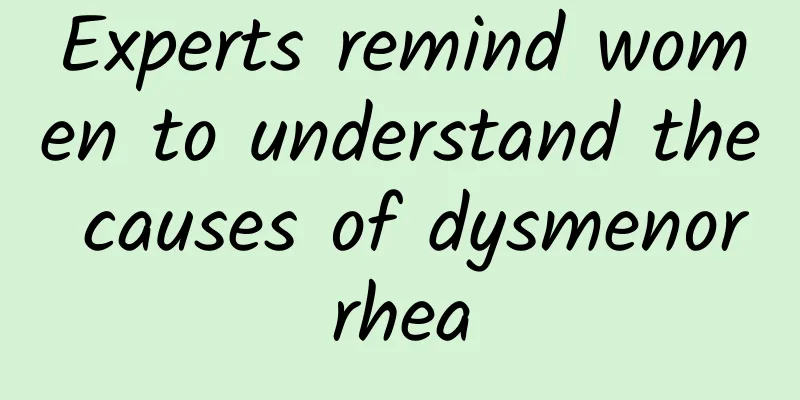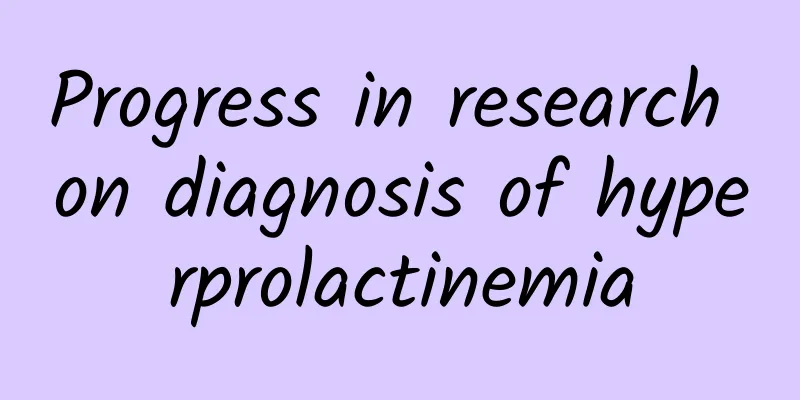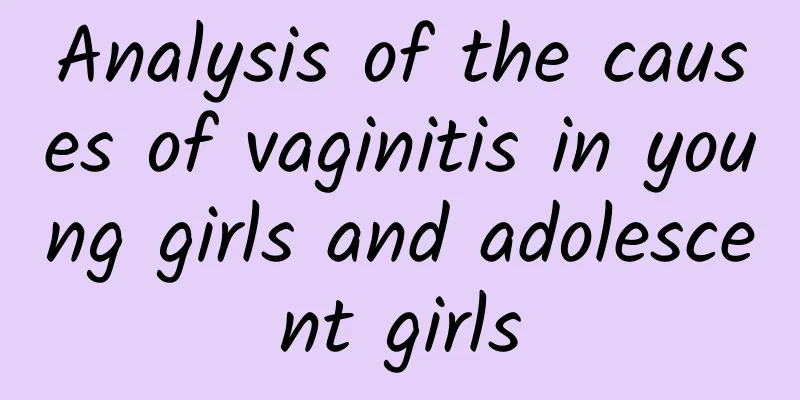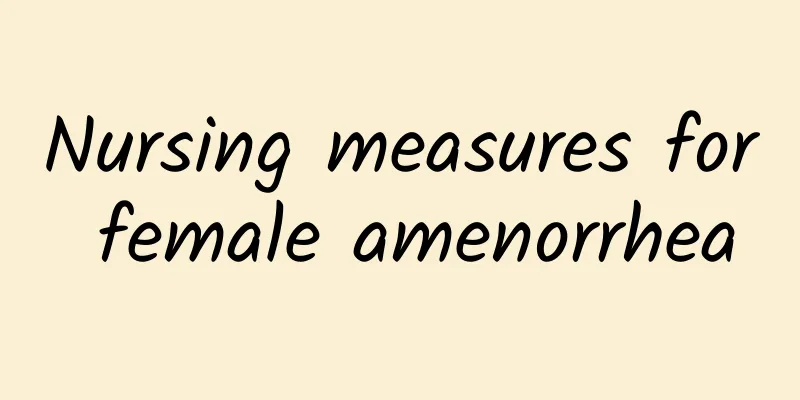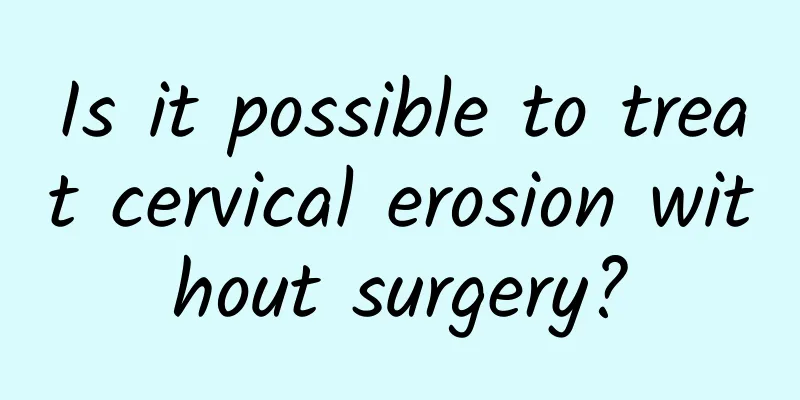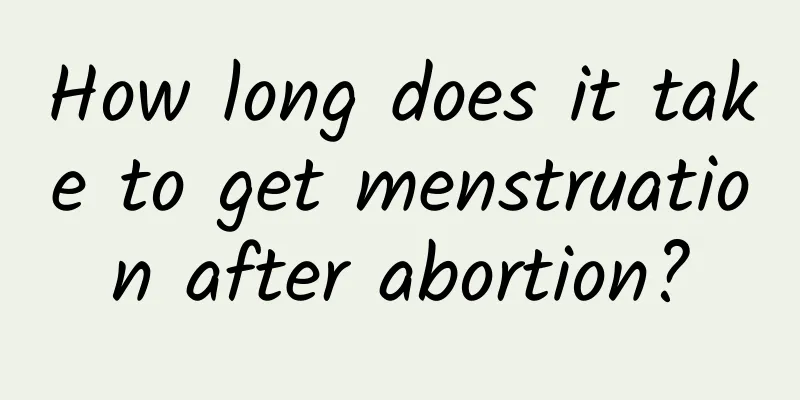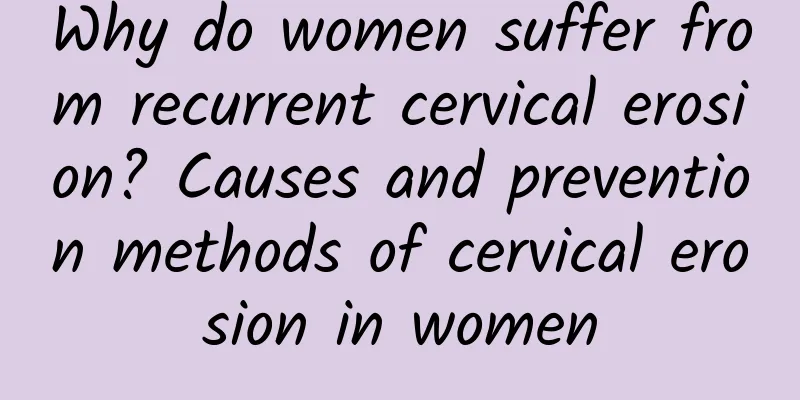Talk about common menopausal drug treatments
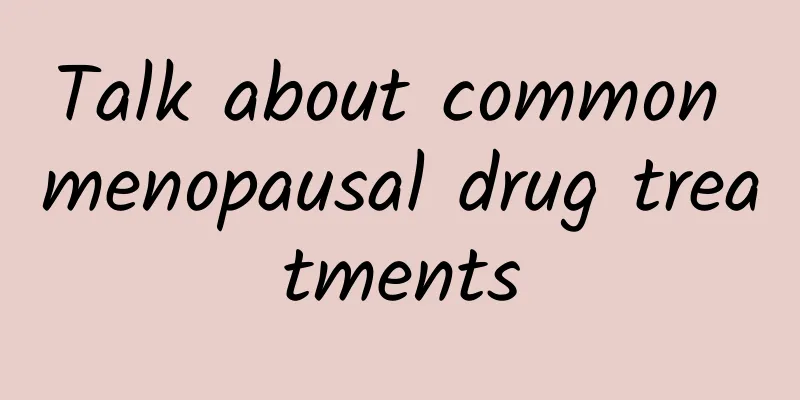
|
In daily life, many women will experience menopause. After menopause, women will enter menopause. Therefore, during the perimenopausal period, many women's temperaments change greatly, and aging will be accelerated. Women must receive reasonable treatment. So what are the drug methods for treating menopause? I hope women can understand this. Common medications for menopause: In principle, HRT (hormone replacement therapy) should be aimed at maintaining the health of the body. For example, long-term medication is required to prevent postmenopausal degenerative diseases. (1) Etiological treatment: During the reproductive period, the cyclical changes in the estrogen and progesterone in the blood of women participate in coordinating the physiological activities of the body, becoming an important factor in stabilizing the internal environment of the female body and maintaining health. After menopause, the continuous decline of estrogen and progesterone causes women's physical and mental dysfunction, and the body produces a series of degenerative lesions, resulting in poor physical health of some women. Etiological treatment is given to these health problems caused by estrogen deficiency. (2) Physiological supplementation: The purpose is to enable the organs of postmenopausal women to function physiologically as much as possible to maintain the health of the body, not to restore their endocrine conditions to the level of the ovarian cycle during the reproductive period, which is physiological supplementation. Physiological supplementation mostly advocates the use of natural estrogens, that is, the chemical structures of estrone, estradiol and estriol. The dosage is controlled at a blood E2 concentration of about 220pmol/L, or within the equivalent estrogen activity range, and should not exceed 550pmol/L. Exceeding this level may lead to an increase in side effects. Since the estrogen and progesterone in contraceptives are in large doses, highly active, and have a non-physiological chemical structure, they are not suitable for physiological supplementation in HRT. (3) During the menopausal transition period, HRT should focus on supplementing progesterone: During the menopausal transition period, the growth and development disorders of follicles gradually increase, and finally the functional follicles disappear from the ovaries. The corresponding changes in estrogen and progesterone during this period are: first, there is a relative lack of progesterone, and then there is a lack of it; the lack of estrogen changes cyclically, although there may be a transient relative excess, the total amount gradually decreases, and finally to lack, forming a relatively excessive or single unopposed estrogen stimulation for a long time. Some women may experience varying degrees of proliferative changes in the endometrium, and even malignant changes. Therefore, during this period, the main focus should be on cyclical supplementation of progesterone to adjust the menstrual cycle and prevent endometrial proliferative lesions. As estrogen gradually becomes deficient, estrogen can be supplemented at the same time. (4) HRT in the late menopause should be mainly based on estrogen supplementation: Early postmenopause ovarian follicle activity basically stops. The blood estradiol concentration drops from about 150-1500pmol/L in the reproductive period to below 80pmol/L within 1-2 years, which is lower than the basic level for maintaining the physiological functions of the body's organs. Endometrial atrophy is completed within 2-3 years after menopause, and the rate of bone loss is fastest within 1-3 years after menopause. Corresponding degenerative changes occur in various organs throughout the body. Therefore, to prevent postmenopausal degenerative lesions, timely and long-term estrogen supplementation should be used. In order to counteract the side effects of estrogen on endometrial hyperplasia, those with a uterus need to add progesterone. You need to pay attention to changes in your body and take care of your body to avoid causing more harm. You should also pay attention to the use of medications. During the menopausal period, women should also pay attention to getting more rest, eating a reasonable diet, and taking effective care to avoid harm to their physical and mental health and receive reasonable treatment. |
<<: What medicine is effective in treating menopause?
>>: What prescriptions does traditional Chinese medicine use to treat menopause?
Recommend
Learn more about the precautions after abortion
Painless abortion is a very common solution to un...
What are the common causes of cervicitis?
Many reasons can lead to cervicitis, so what are ...
How does Bartholinitis affect life expectancy?
We must understand the main hazards of Bartholini...
How long after a painless abortion can I go out?
After a painless abortion, you will generally be ...
If you eat the wrong breakfast, constipation and obesity will follow! Nutritionist Sun Yuming reveals: Golden breakfast for 4 major groups
Breakfast is the source of energy to start the da...
What are the symptoms of female cervical erosion and what are the treatments for female cervical erosion?
Women cannot ignore the problem of cervical erosi...
How to treat chest tightness and shortness of breath during menopause? Let's take a look
If you have chest tightness or shortness of breat...
Have you ever heard of ovarian chocolate cyst?
Have you ever heard of ovarian chocolate cyst? Do...
Sculpting soft lines with water jet autologous fat transplantation
Does Queen A-mei need liposuction? This topic has...
Which is more harmful, induced abortion or artificial abortion?
Which is more harmful, induced abortion or artifi...
Does adenomyosis affect fetal development?
Will adenomyosis affect the development of the fe...
What are the symptoms of uterine fibroids and how to treat them?
The uterus is the source of menstruation and the ...
Experts reveal that lack of exercise can lead to pelvic inflammatory disease
Everyone has heard of pelvic inflammatory disease...
What are the causes of cervical hypertrophy?
What are the causes of cervical hypertrophy? Cerv...
Can I have sex with an enlarged cervix? What are the treatments for an enlarged cervix?
Cervical hypertrophy is mainly caused by long-ter...
